Keywords: Criminal Justice
-
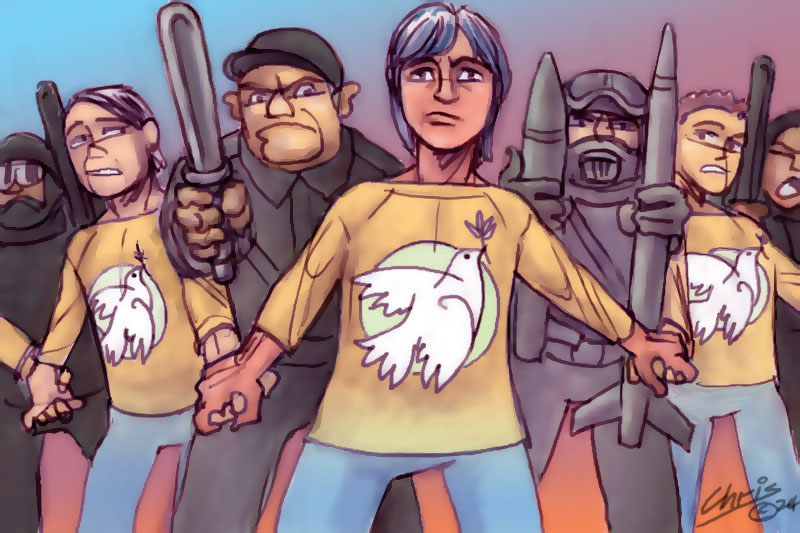
INTERNATIONAL
- Justin Glyn
- 10 December 2024
Peace is hard to define, harder to achieve, and almost impossible to sustain. In a world obsessed with profit, simplistic narratives, and selective outrage, peace feels like a lofty ideal rather than a realistic goal. But what would it take to make peace more than a buzzword—and a true global reality?
READ MORE
-
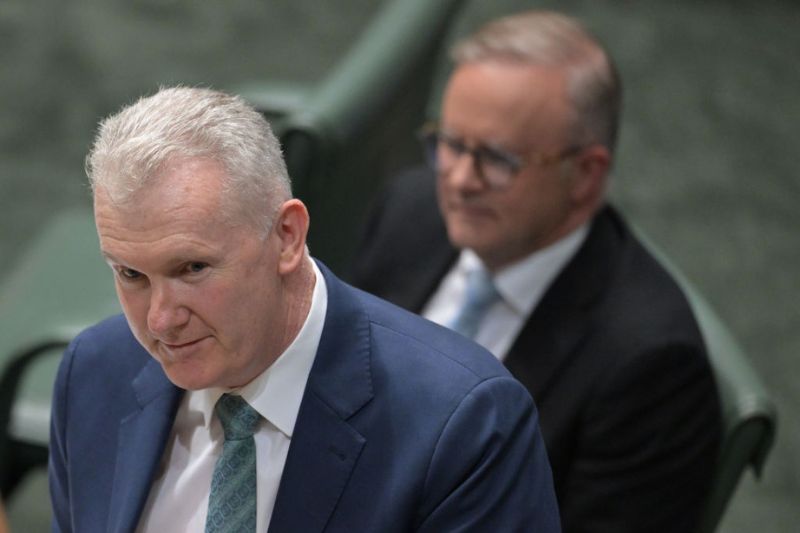
AUSTRALIA
- Frank Brennan
- 04 December 2024
1 Comment
When High Court rulings challenge government policy, they usually prompt reflection and refinement. But for the Federal Government, a recent decision on non-citizen rights has sparked a legislative overreach, mirroring the Opposition’s hardline stance.
READ MORE
-
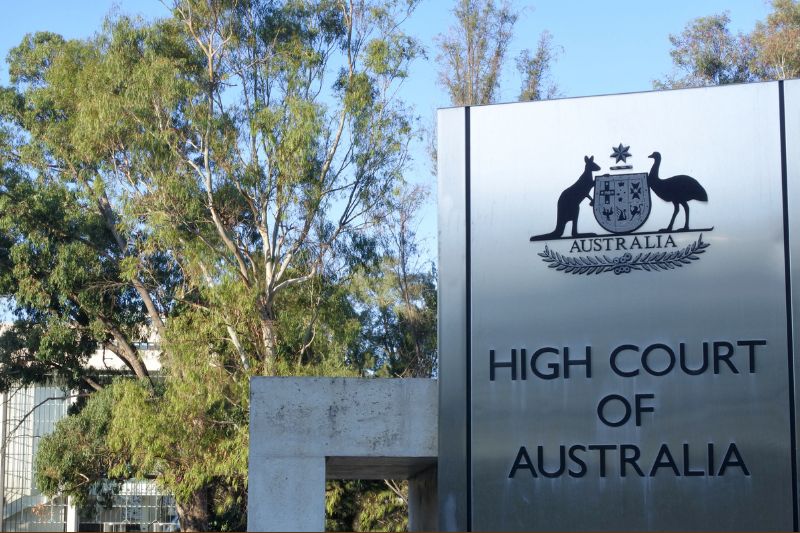
AUSTRALIA
- Frank Brennan
- 08 November 2024
7 Comments
Last week, Australia’s High Court blocked government restrictions on non-citizens with criminal records. As Parliament scrambles to impose new restrictions, Chief Justice Stephen Gageler’s court remains steadfast against policies deemed discriminatory and excessively punitive.
READ MORE
-

INTERNATIONAL
- Dotan Rousso
- 31 October 2024
1 Comment
Beyond economic and national security agendas, Trump’s appeal, more visceral than policy-driven, hinges on tapping into a collective disillusionment — one that sees progressive ideology as veering into an unforgiving orthodoxy.
READ MORE
-

AUSTRALIA
- Binoy Kampmark
- 31 October 2024
3 Comments
Two narratives dominate Australia’s view of children. The first casts them as dangerous, irredeemable offenders. The second, as vulnerable innocents threatened by risks online. Both anxieties reveal deep-seated tensions over safety, innocence, and societal responsibility.
READ MORE
-

INTERNATIONAL
- Peter Craven
- 09 October 2024
With moments of shared perspective and common ground, the weird thing about the CBS debate the debate between the two putative vice-presidents, J.D. Vance and Tim Walz, was how civil and considerate it was and (in its way) how impressive.
READ MORE 
-
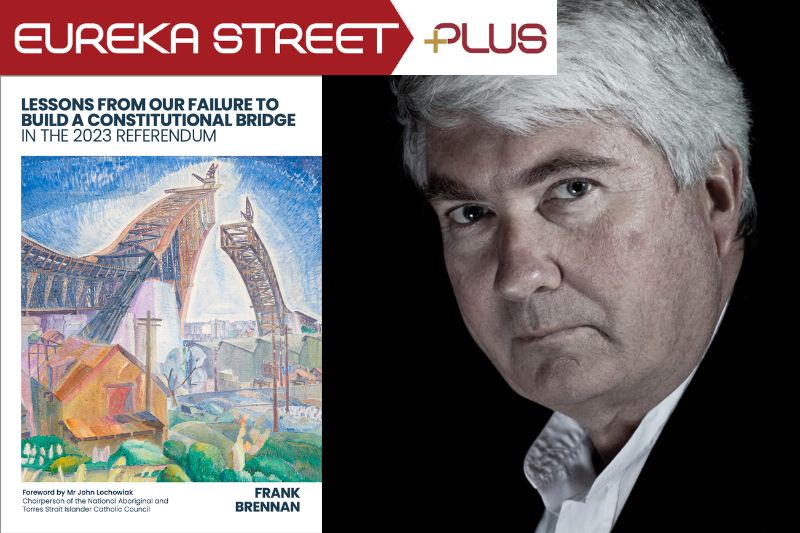
AUSTRALIA
- David Halliday
- 28 June 2024
13 Comments
It's been eight months since the Voice referendum, and people are starting to grapple with what its defeat means for Australia. There are few voices in Australia as qualified to conduct a postmortem of the outcome of the Voice referendum campaign as Frank Brennan. We examine what lessons can be learned and crucually, whether there’s reason for hope for Indigenous constitutional recognition.
READ MORE
-
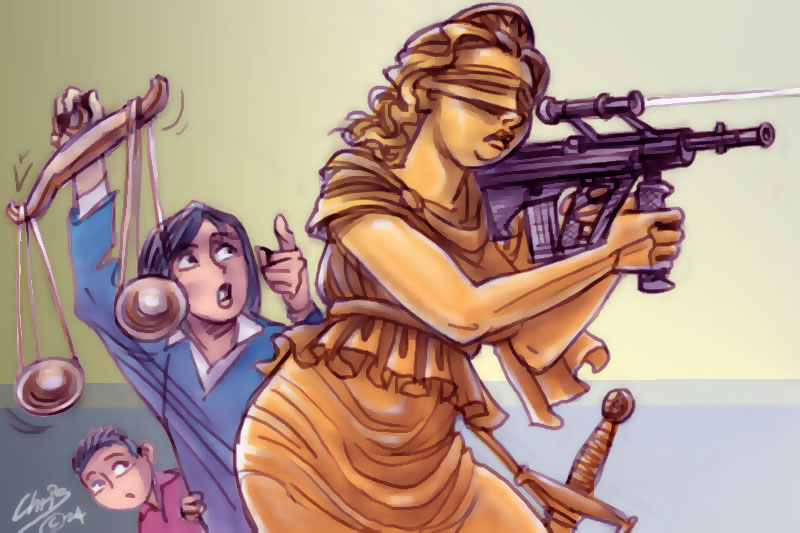
AUSTRALIA
- Binoy Kampmark
- 11 June 2024
2 Comments
Former Australian military lawyer David McBride was convicted for leaking documents to the ABC which exposed war crimes in Afghanistan. He is the sole individual to be convicted in exposing alleged atrocities in the Afghanistan campaign by Australian special forces.
READ MORE
-

INTERNATIONAL
- David Halliday
- 11 June 2024
4 Comments
When Donald Trump was found guilty of 34 counts of falsifying business records, it represented a long-awaited triumph of the rule of law in the United States. But the verdict may not mean much in the long run, and has not affected Trump's popularity among voters. Watching Trump’s conviction from afar prompts us to consider how good we have it.
READ MORE 
-

AUSTRALIA
- Andrew Hamilton
- 08 May 2024
3 Comments
With the Queensland Government changing the Youth Justice Act, detention of children will no longer be seen as a last resort, causing widespread dismay among youth justice advocates. It invites reflection on what we should expect when we advocate for a cause, ranging from climate change to perceived injustice, and how we should evaluate our efforts.
READ MORE
-
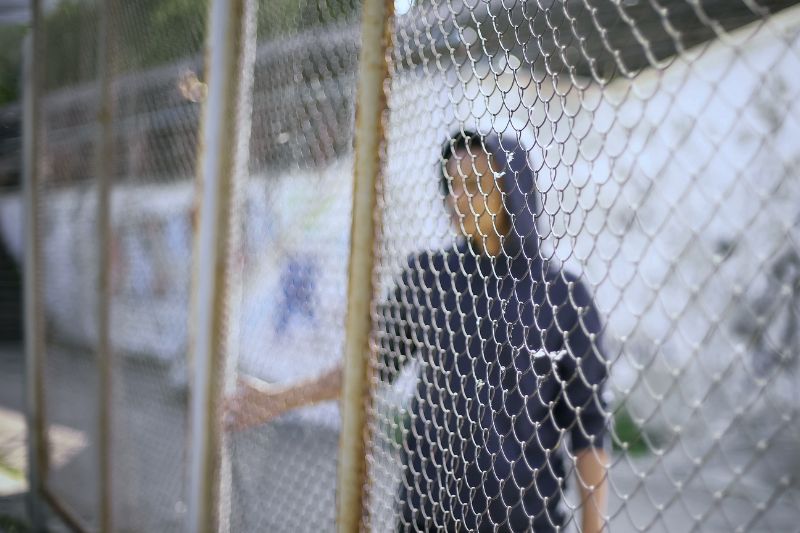
AUSTRALIA
- Andrew Hamilton
- 28 March 2024
2 Comments
As a response to a wave of youth crime, some State Governments and Federal politicians have committed to policies that neglect the human reality of the young people concerned. This will likely have negative consequences both for those immediately affected and for society at large.
READ MORE
-
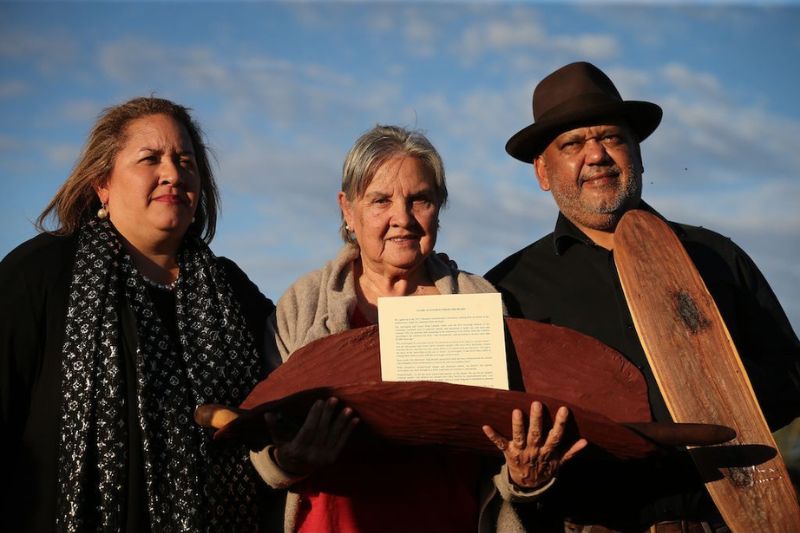
AUSTRALIA
- Frank Brennan
- 07 February 2024
12 Comments
The referendum result was a disaster for the country and a tragedy for First Australians and there has been little appetite for public discussion about lessons to be learnt from this abject failure. If we are to move forward, it’s time to begin the conversation about past mistakes.
READ MORE